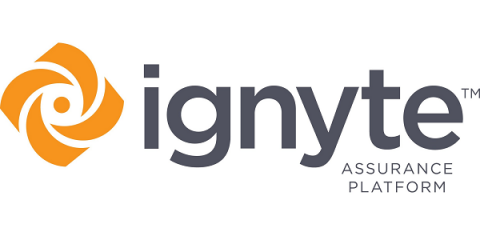6 Reasons you Should Consider an Annual Penetration Testing Especially in Healthcare
Breaches are widely observed in the healthcare sector and can be caused by many different types of incidents, including credential-stealing malware, an insider who either purposefully or accidentally discloses patient data, or lost laptops or other devices. Personal Health Information (PHI) is more valuable on the black market than credit card credentials or regular Personally Identifiable Information (PII).








